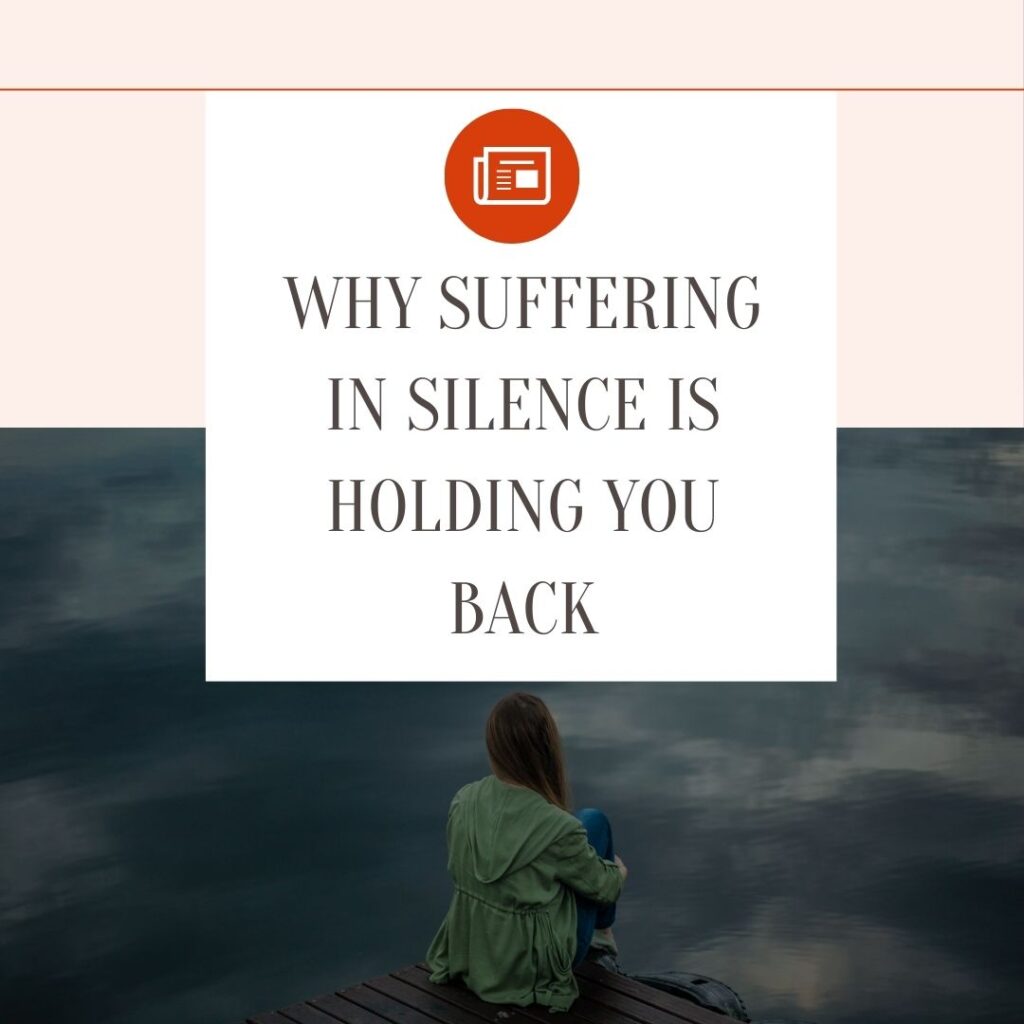So many women in the sandwich generation — balancing careers, caregiving for aging parents, and raising kids — have been conditioned to “suck it up.” We tell ourselves it’s just what strong women do: hold it all together, sacrifice our own needs, and push forward without complaint. But here’s the hard truth: that mindset is not strength; it’s survival mode. And over time, it erodes our health, our relationships, and our sense of self.

In his book Triage Your School, Dr. Christopher Jenson highlights three main areas where stress silently takes its toll: physical health, emotional well-being, and relational health. Those areas don’t just apply to schools — they apply to every woman trying to hold too much together. Ignoring them leads to resentment, disconnection, and full-blown burnout.
Let’s break that down:
Physical health – Stress shows up as fatigue, headaches, or even chronic conditions. When you keep pushing through, your body eventually forces you to pay attention.
Emotional well-being – “Sucking it up” often means stuffing down feelings. That emotional silence turns into irritability, anxiety, or numbness.
Relational health – When you never speak your needs, the people around you can’t support you. Distance grows, and loneliness sets in.
These costs are hidden at first, but they’re very real. And they’re the reason why silence and self-sacrifice can’t be the badge of honor we wear anymore.
A Practical Reset
Here are two small but powerful steps you can take this week to break the silence:
- Journal one area where you’ve been “sucking it up.” Maybe it’s taking on extra work at the office, caring for a parent without asking siblings for help, or agreeing to commitments you don’t have the bandwidth for. Write it down — naming it is the first step to changing it.
- Say it out loud to someone you trust. Share your journal entry with a friend, spouse, or mentor. Speaking the words creates connection and signals to your brain that you don’t have to carry it all alone.
It’s not about dumping every burden at once. It’s about creating tiny cracks in the silence so your truth — and your needs — have room to breathe.
The Bottom Line
Dr. Jenson’s framework reminds us that no system—schools, families, or our own lives—can thrive without good staffing, communication, and resources. The more you suffer in silence, the weaker those areas become. Real strength isn’t in silence or self-sacrifice; it’s in asking for help, setting boundaries, and making sure your resources are protected so you can thrive.
